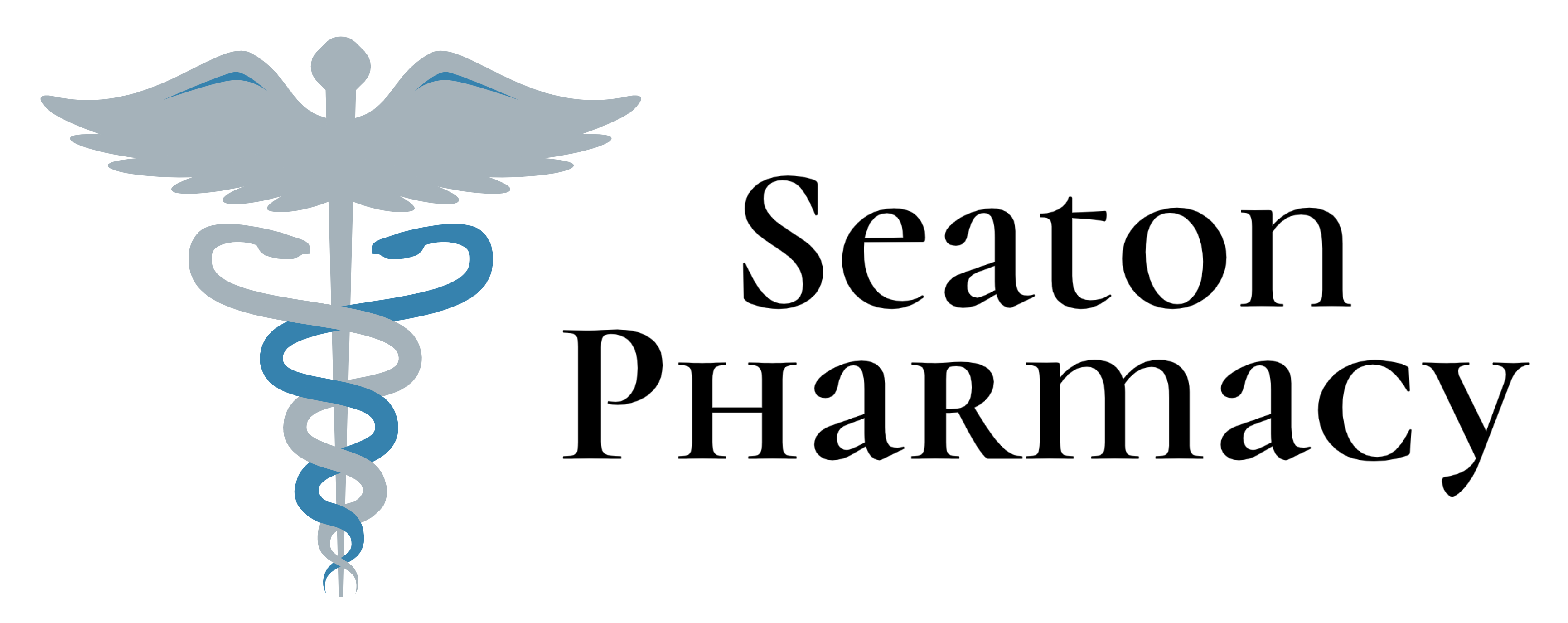If you’ve ever felt lightheaded, dizzy, or as though the room is spinning, you might have wondered: could high blood pressure cause dizziness? While hypertension (high blood pressure) often has no obvious symptoms, it can sometimes lead to dizziness or even vertigo. But what is the connection between high blood pressure and balance issues, and when should you seek medical advice?
At Seaton Pharmacy, we offer professional blood pressure testing services, helping you monitor your health and take proactive steps to prevent complications. In this guide, we’ll explain how high blood pressure affects circulation to the brain and inner ear, why this may contribute to dizziness or vertigo, and what you can do to stay in control of your blood pressure.
Understanding the Difference: Dizziness, Lightheadedness, and Vertigo
Before exploring the link between high blood pressure and dizziness, it’s important to understand the different sensations people experience:
Dizziness – A general feeling of being unsteady or off balance, often described as feeling “woozy.”
Lightheadedness – A sensation of near-fainting, often caused by a temporary drop in blood pressure or lack of oxygen to the brain.
Vertigo – A spinning sensation where you feel like the environment is moving around you, often linked to issues with the inner ear or nervous system.
Could High Blood Pressure Cause Dizziness or Vertigo?
High blood pressure itself does not typically cause dizziness unless it reaches dangerously high levels. However, there are several ways hypertension can contribute to dizziness or vertigo:
1. Reduced Blood Flow to the Brain
High blood pressure can damage arteries supplying blood to the brain, reducing circulation and causing momentary dizziness or balance issues.
If blood pressure fluctuates suddenly (either too high or too low), it can temporarily reduce oxygen flow to the brain, triggering dizziness.

2. Impact on the Inner Ear
The inner ear plays a key role in balance, and problems with circulation can affect the vestibular system, leading to vertigo.
Some studies suggest that hypertension may increase the risk of conditions such as Ménière’s disease, which causes vertigo, hearing loss, and ear pressure.
3. Medication Side Effects
Some blood pressure medications, especially beta-blockers and diuretics, can cause dizziness as a side effect.
If your medication is making you feel unsteady, consult a pharmacist or GP to discuss adjustments.
When to Be Concerned About Dizziness and High Blood Pressure
While occasional dizziness is usually harmless, certain symptoms alongside high blood pressure may indicate a more serious issue. Seek medical attention if you experience:
Severe dizziness or vertigo that doesn’t go away.
Sudden weakness, numbness, or difficulty speaking (could indicate a stroke).
Chest pain, shortness of breath, or confusion.
Frequent fainting spells.
How to Manage High Blood Pressure and Reduce Dizziness
1. Monitor Your Blood Pressure Regularly
One of the best ways to stay in control of your health is by checking your blood pressure regularly. At Seaton Pharmacy, we provide professional blood pressure checks, allowing you to monitor your levels and take preventive action if needed.
You can also check your blood pressure at home using a digital blood pressure monitor. Normal blood pressure is typically 120/80 mmHg. Readings consistently above 140/90 mmHg may indicate hypertension and require medical attention.
2. Stay Hydrated and Eat a Balanced Diet
Dehydration can lower blood pressure and cause dizziness.
Eat a heart-healthy diet rich in fruits, vegetables, lean proteins, and whole grains.
Reduce your intake of salt, caffeine, and processed foods, as they can raise blood pressure.
3. Exercise Regularly
Engaging in low-impact exercise such as walking, swimming, or yoga can improve circulation and help regulate blood pressure.
Avoid sudden movements or standing up too quickly, as this can cause a temporary drop in blood pressure and lead to dizziness.

4. Manage Stress and Sleep Well
Chronic stress can contribute to high blood pressure—try meditation, deep breathing, or relaxation techniques.
Aim for 7-9 hours of sleep per night, as poor sleep can raise blood pressure and worsen dizziness.
5. Review Your Medications
If you suspect that your blood pressure medication is causing dizziness, speak to your pharmacist or doctor.
Never stop taking medication without consulting a healthcare professional, as abruptly stopping some blood pressure drugs can lead to complications.
Get Your Blood Pressure Checked at Seaton Pharmacy
So, could high blood pressure cause dizziness? While hypertension itself is not always the direct cause, it can affect circulation to the brain and inner ear, potentially leading to balance issues, dizziness, or vertigo.
If you’re experiencing dizziness and are concerned about your blood pressure levels, visiting a pharmacy for a quick check-up can be the first step in identifying the cause.
Taking control of your blood pressure early can help reduce the risk of complications, including dizziness, vertigo, and cardiovascular disease.
At Seaton Pharmacy, we are committed to supporting your health. Get in touch to book a blood pressure test with us today to take a proactive step towards better balance and overall well-being.
This blog was written on behalf of Seaton Pharmacy by Pharmacy Mentor.

